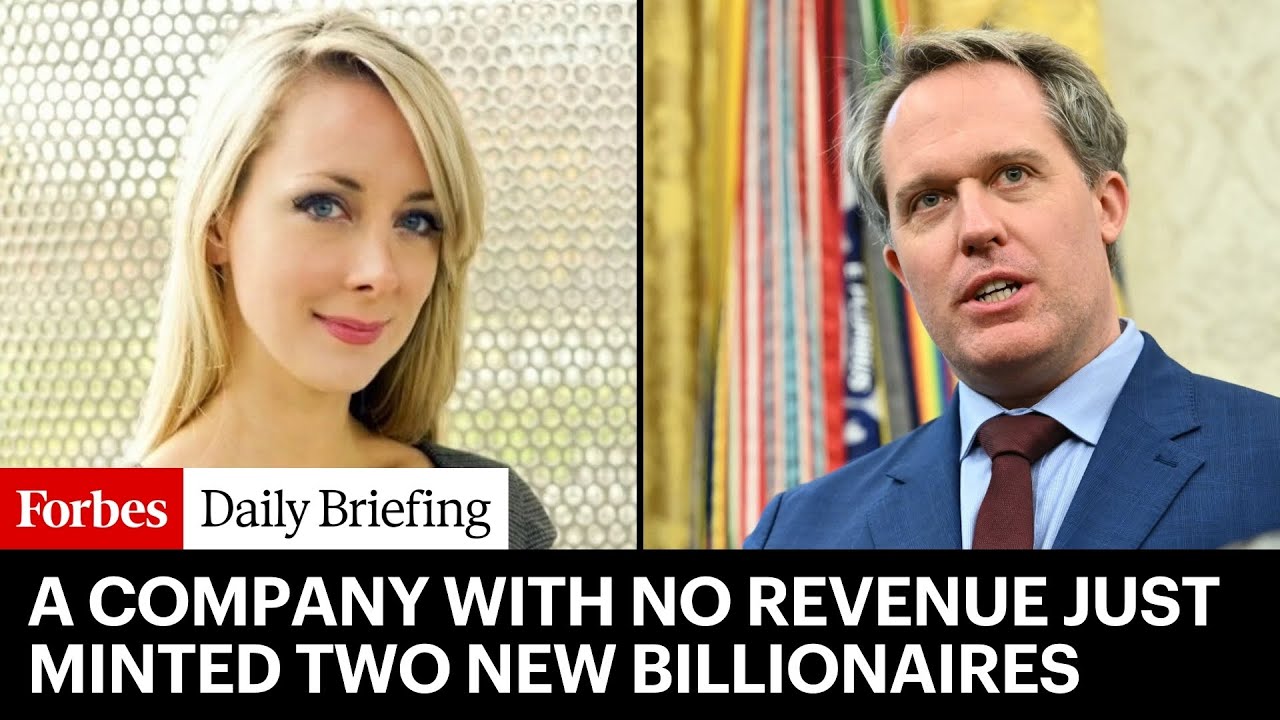Nuclear fusion company Oklo, founded by MIT-trained couple Jacob Dwit and Caroline Cochran, has seen its shares soar over 400% in six months, creating two new billionaires despite having no revenue and ongoing losses. Fueled by strong government support, strategic ties to AI leader Sam Altman, and the promise of small-scale fast fission reactors, Oklo is positioned at the intersection of clean energy and AI infrastructure, though it faces regulatory challenges and skepticism.
The nuclear fusion company Oklo, founded in 2013 by husband and wife duo Jacob Dwit and Caroline Cochran, has seen its shares surge dramatically, rising 47% over the past week and more than 400% in six months. This surge is largely fueled by excitement around nuclear energy’s potential to power the growing AI industry, especially following a recent $350 billion investment agreement by the US and UK governments into AI, quantum computing, and nuclear energy. Despite this enthusiasm and Oklo breaking ground on its first nuclear power plant at the Department of Energy’s Idaho National Laboratory, the company has yet to generate any revenue and continues to operate at a loss.
Jacob Dwit, the CEO, and Caroline Cochran, the COO, both have strong academic backgrounds in nuclear engineering from MIT. Their company’s name, Oklo, is inspired by uranium-rich mineral deposits in Gabon known for natural self-sustained fission that occurred two billion years ago. Forbes estimates that each founder is now worth approximately $1.7 billion, based on their combined 16% stake in Oklo and proceeds from share sales. Cochran is notable as one of the few self-made female billionaires in the US and one of the youngest under 50.
Oklo’s rise has been aided by its longstanding relationship with US Secretary of Energy Chris Wright, who was on Oklo’s board before his government appointment. This connection has likely helped secure political support, including from former President Donald Trump, who signed executive orders to accelerate nuclear development. The Department of Energy is pushing for new small-scale nuclear reactors to achieve criticality by mid-2026, and Oklo is participating in a pilot program aligned with these goals. However, the company has faced regulatory challenges, including a 2022 rejection of its reactor application by the US Nuclear Regulatory Commission due to insufficient information.
The company also benefits from ties to Sam Altman, co-founder and former board chair of AltC, the special purpose acquisition company that took Oklo public last year. Altman, who is also CEO of OpenAI, holds a significant stake in Oklo and has expressed interest in strategic partnerships to deploy clean energy at scale, particularly to support AI deployment. Oklo’s long-term vision focuses on fast fission power plants, which use faster neutrons to split atomic nuclei, offering a potentially more efficient alternative to conventional nuclear reactors. The company aims to design, build, own, and operate these small-scale reactors, which are seen as more capital efficient and flexible.
Despite the promising outlook and strong federal support, Oklo faces skepticism from critics who call for more research, citing concerns about potential nuclear waste from fast fission reactors. The company’s financials reflect ongoing losses, with $25 million lost in the second quarter and $55 million for the fiscal year ending in June. Nonetheless, Oklo’s stock market performance and strategic positioning in the intersection of nuclear energy and AI have created two new billionaires and positioned the company as a key player in the future of clean energy and AI infrastructure. For more detailed coverage, Forbes reporters Phoebe Lou and Christopher Helman provide in-depth analysis on Forbes.com.
